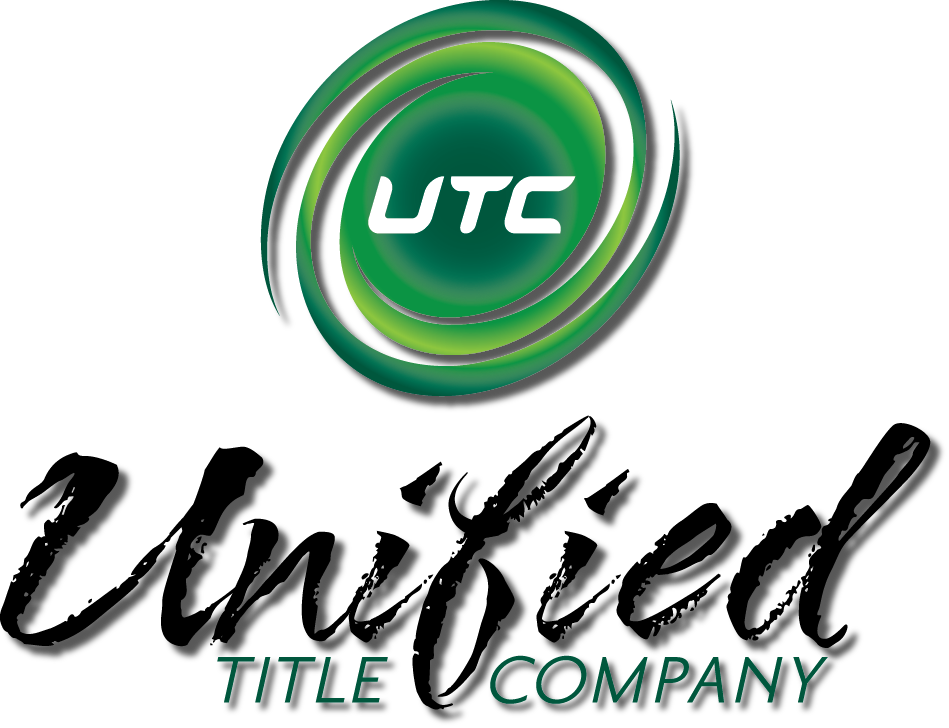Short Sales
A short sale scenario arises any time the sum total of debt secured against a property exceeds the property’s current fair market value. This scenario is described euphemistically as being “upside-down” or “underwater.”
In a short sale, one or more secured creditors agree to accept less than the debt owed in order consummate the sale transaction. In general, a creditor’s willingness to accept less than what is owed is conditioned on two factors –
- the seller lacks the means to pay the debt in full at the time of closing; and
- the seller has a hardship (e.g., forced relocation) that creates an immediate need to sell the property.
Of course a creditor accepting a short payoff will generally seek independent confirmation of the fact that secured debt exceeds the fair market value of the property.
N.B. A short sale may adversely affect the seller’s credit. In addition, the seller may have adverse tax consequences. In general, the difference between what is owed and what the creditor actually receives is called “forgiven debt.” For tax purposes forgiven debt is treated as income. There are provisions in the federal tax code that may mitigate or eliminate adverse tax consequences. A seller deemed to have adequate future income potential may be asked to sign a promissory note obligating the seller to pay back some or all of the deficiency balance after closing. And finally, a creditor may agree to release its lien against the property (thereby allowing the seller to sell) but may not agree to forgive the debt.
